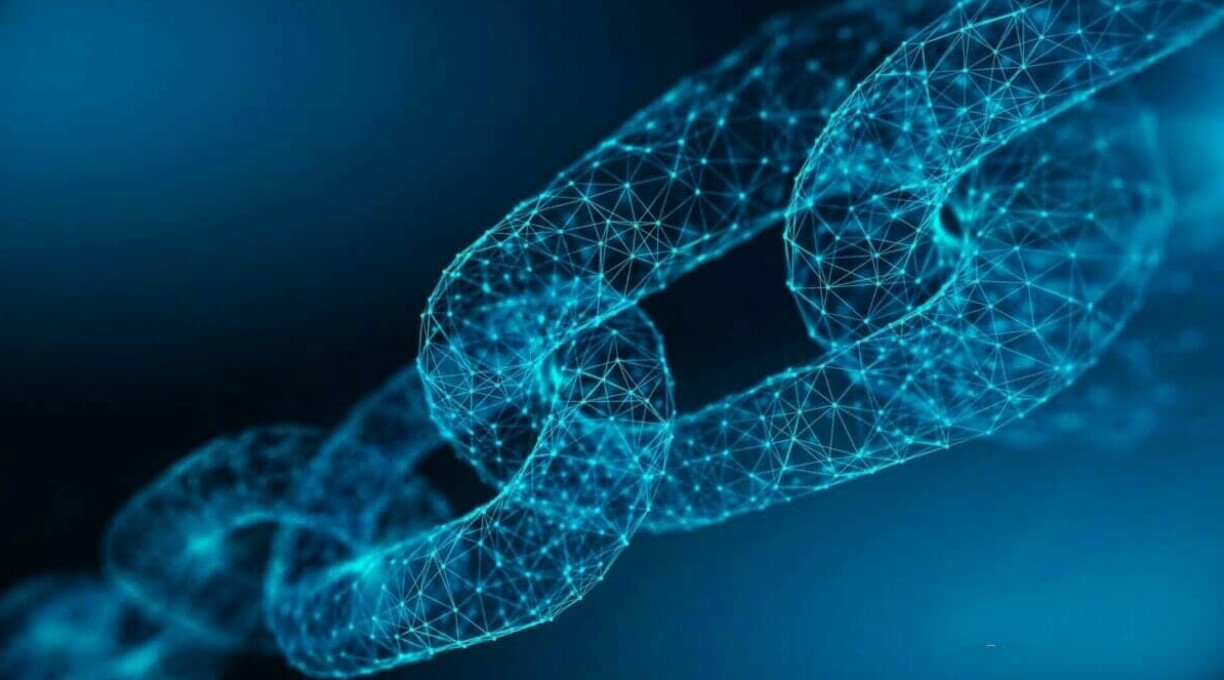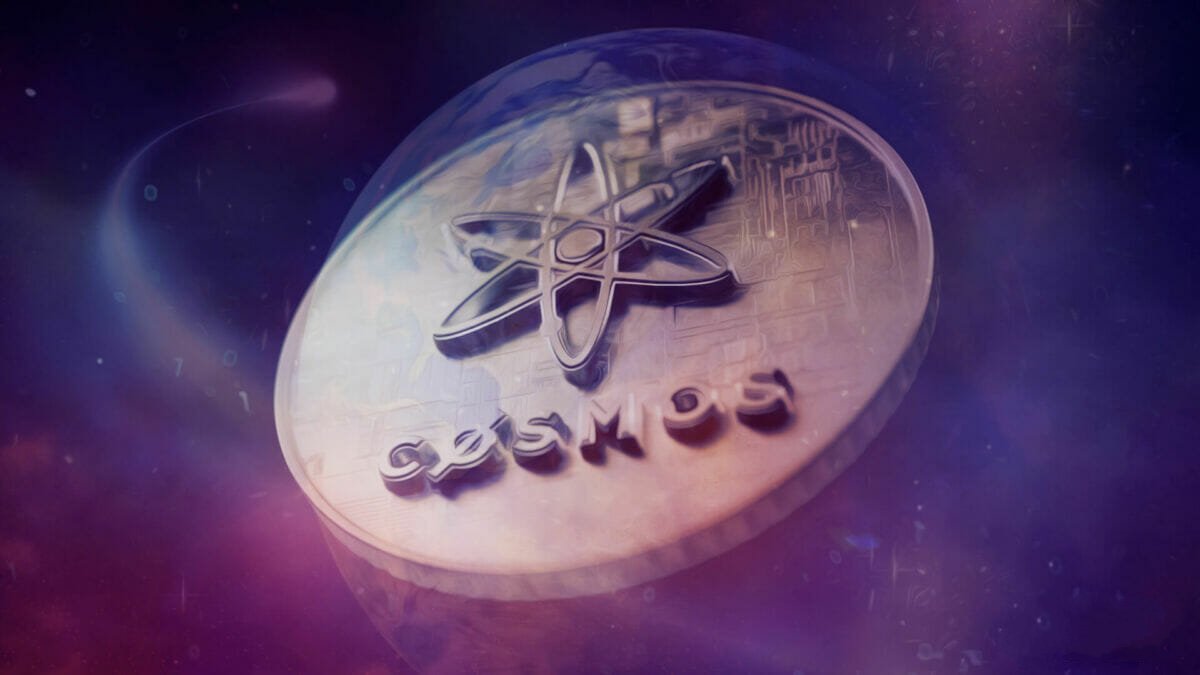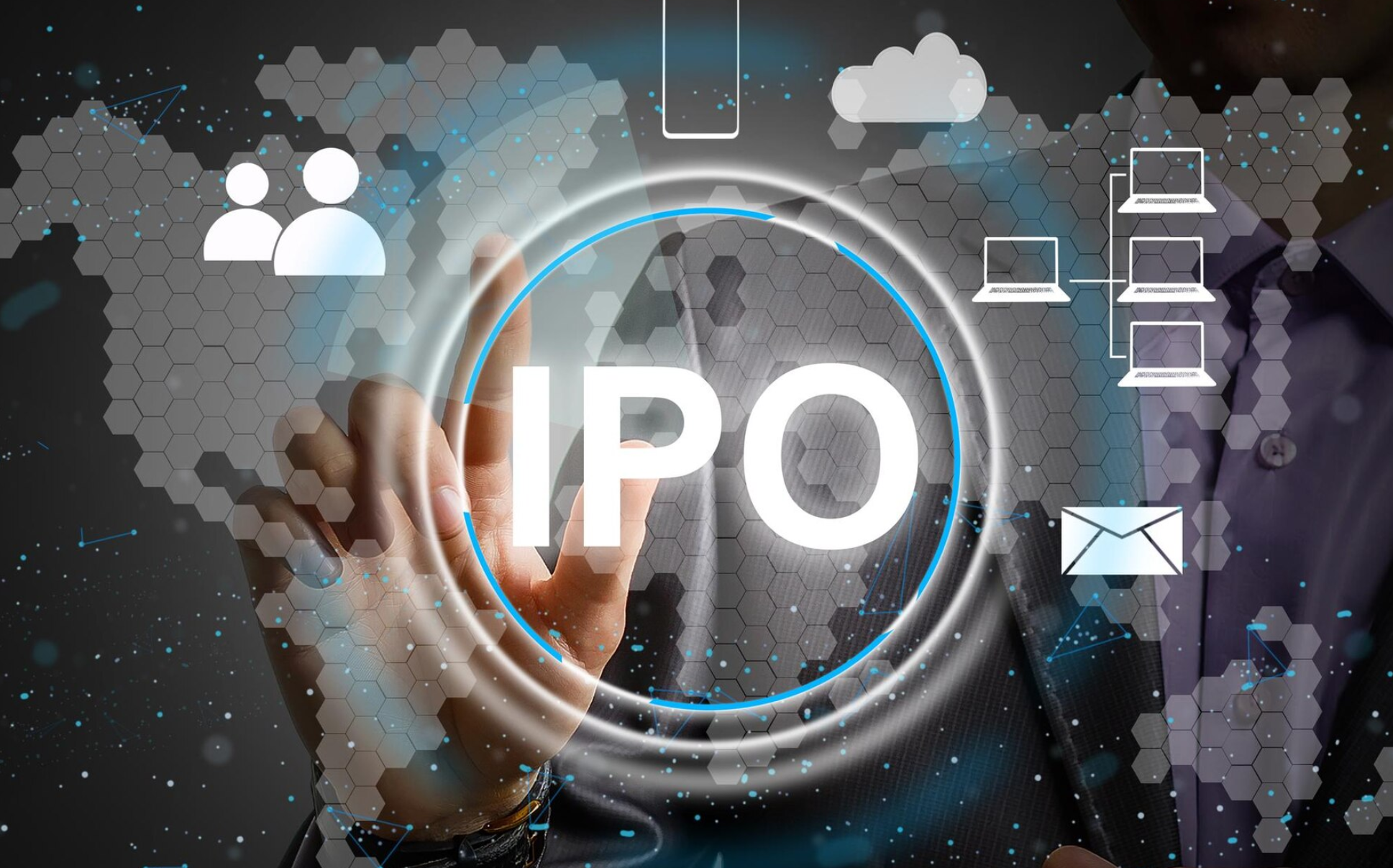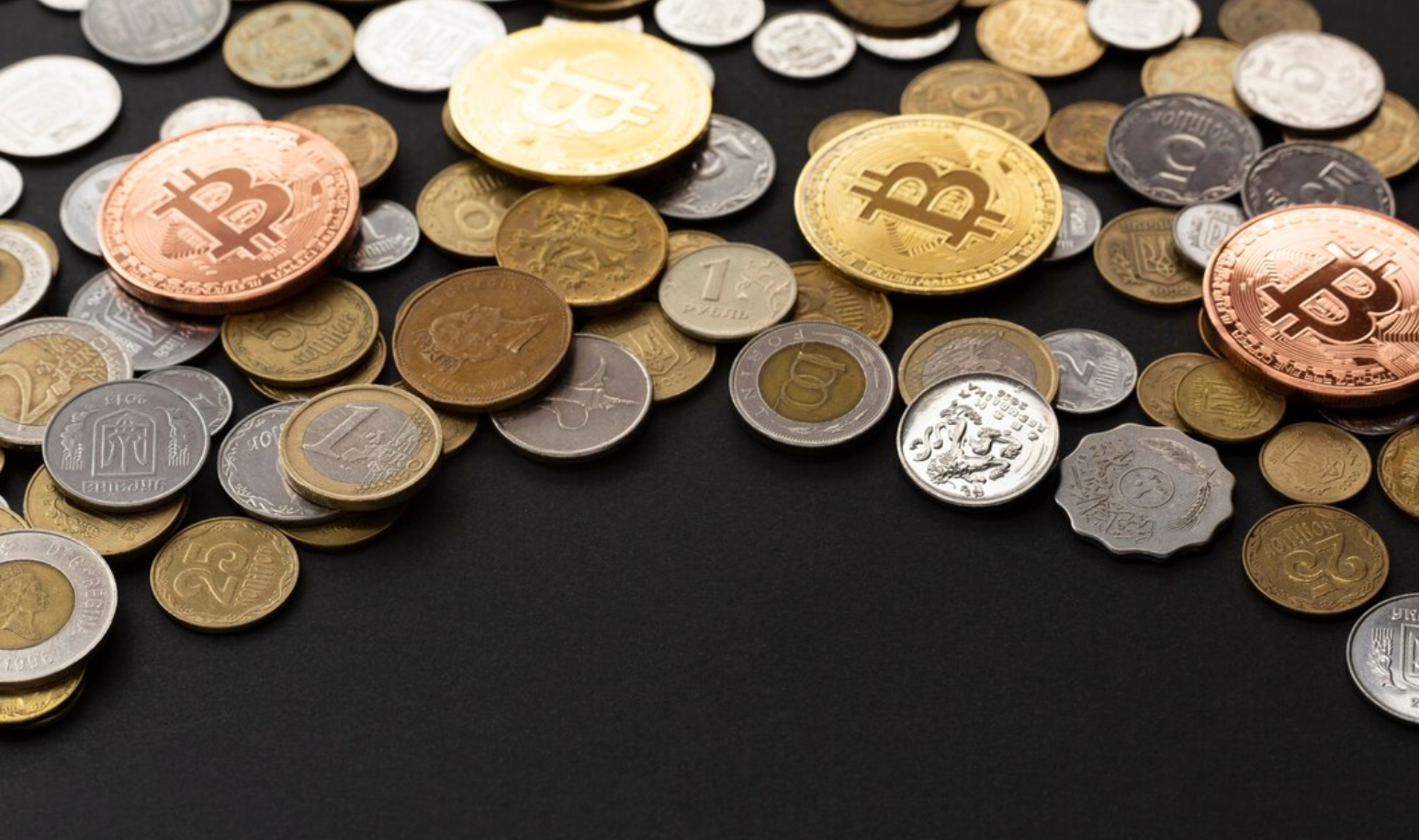Opinion – Le Journal du Coin opens its columns today at Fabrice Bonnet, CEO of YETIC. The opportunity for the interested party to come back to the new values carried by the blockchain and cryptocurrencies.
Ethics and crypto-economy
What is a more ethical company? It is a company that implements a virtuous policy in terms of human relations (working conditions, treatment of minorities, etc.), finance, environmental awareness, supply chain and a governance that covers these subjects.
However, to be able to ensure that a company is virtuous, you need data and above all trust, the key word for companies with a mission or impact. However, an economy based on trust is an illusion if it is not based on a system that controls and offers guarantees on the origin and viability of data, exchanges, etc.
This solution has existed for a long time: it is the blockchain. And the blockchain is inseparable from crypto-assets which are, alas, directly reduced to their speculative aspect in the collective culture!
Why can’t we communicate on the virtues of this technological set which makes it possible to avoid fraud, errors, manipulation and which restores transparency? It is therefore urgent to promote crypto-assets as one of the pillars of a more ethical economy.
Indeed, it is indeed the blockchain which can, thanks to decentralization, guarantee the origin and the veracity of data and, with cryptocurrency, allow monetary exchanges, counterpart of digital exchanges, in complete confidence.
Blockchain technology has the ability to evacuate the human factor and all the inherent risks (fraud, theft, error, delays, etc.). It can guarantee full transparency of the model and offer all stakeholders control and guarantees.
Crypto-assets, on the other hand, offer full transparency on the exchange of values on the monetary system of a project’s economy and a financial mirror of technological and digital exchanges.
Moreover, crypto-assets can only be reduced to mere financial assets. They can contribute to the success of an entire project and are valued by their use and usefulness. As proof, Ethereum has enabled the creation of numerous ecosystems and tokens linked to educational, environmental, cultural, financial projects…
This technological solution is unfortunately under-exploited to finance ethical projects as long as they are “native blockchain” (whose model justifies a blockchain).
Fundraising in crypto-assets (ICO), still underdeveloped in France, allows a more ethical approach to the development of startups whose model involves debt and financing problems. They allow, in the early stage, entrepreneurs to raise substantial funds by spreading a risk over a multitude, which becomes greatly reduced, and without dilution of capital by creating a community of interest and value.
This is, in our view, one of the answers for building the economy of tomorrow.





